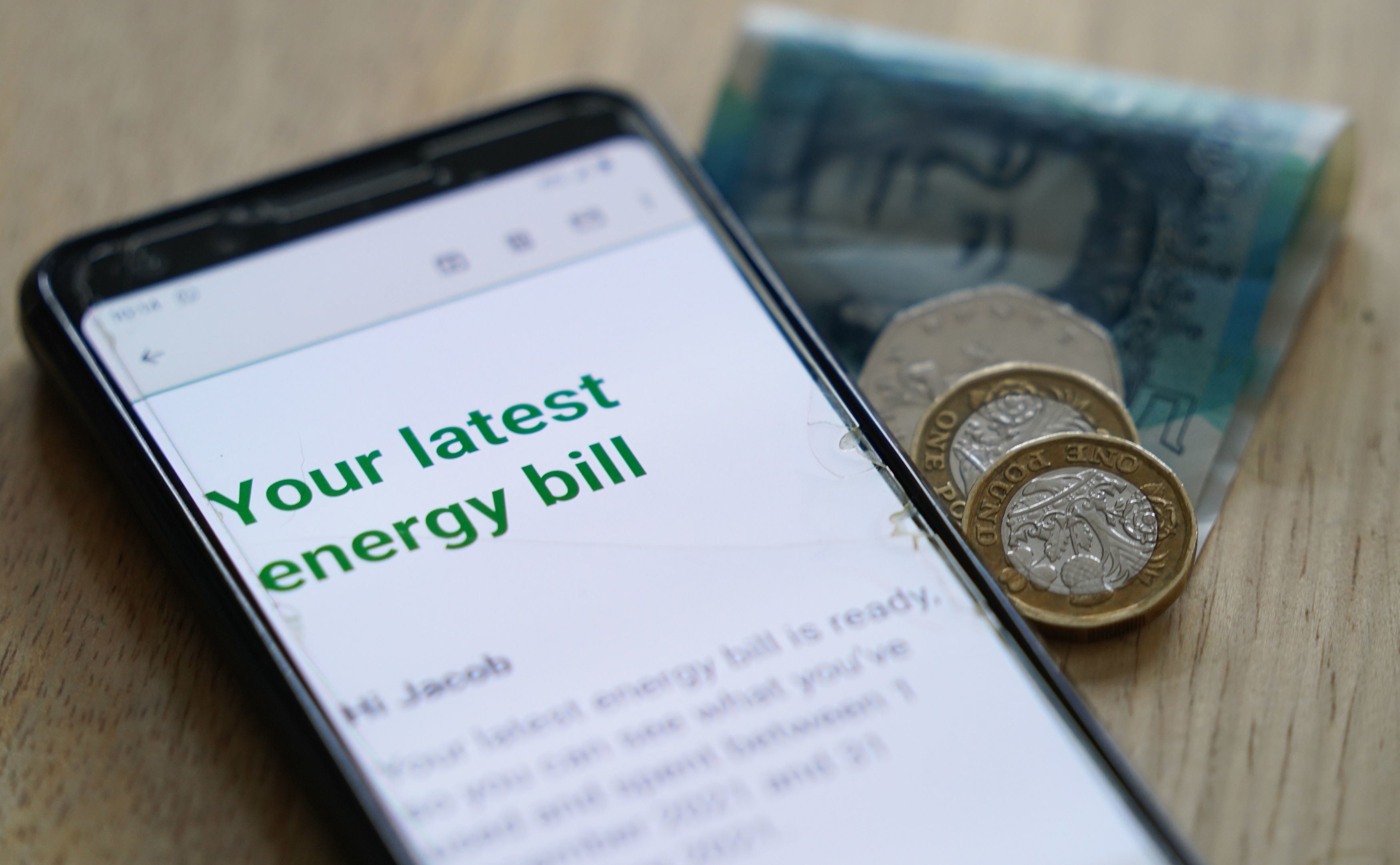
The energy price cap has increased to record levels hiking the cost the government will pay to cover energy bills support.
Ofgem has increased the price cap to 67p per unit for electricity and 17p for gas from January.
The decision will not impact the amount households pay for their energy because the government has said electricity will cost 34p per unit and gas will be 10.3p until April.
Without the government support the average household would be paying around £4,279 for its energy under the new cap. The support will ensure that average households pay £2,500.
Energy is charged per unit, so those who use more can spend more.
Experts at energy consultancy Auxilione estimate the new cap will cost the government around £15.1 bn to subsidise household bills between January and March.
It is set to add to the massive strain faced by the public purse in coming months due to soaring gas prices.
Last week the Office for Budget Responsibility (OBR) estimated it could cost £6.5 bn to deal with the fallout from failed supplier Bulb Energy, which collapsed a year ago.
The government support will become less generous from April when average households will start paying £3,000.

That figure is for households that use an average amount of energy. Households that use more will pay more, and those using less will pay less.
“There is no immediate action for consumers to take as a result of today’s announcement,” Ofgem said on Thursday.
In the past the price cap has regulated how much a household pays for its gas and electricity. But the cap is set based on what it costs energy suppliers to buy gas and electricity on wholesale markets.
Rocio Concha, director of policy and advocacy at Which?, said: “The news that the energy price cap will hit £4,279 from January will be hugely worrying for consumers but they should remember that their bills are protected against this price increase by the government’s energy price guarantee scheme.”
He added: “Which? is also concerned that hundreds of thousands of customers on traditional prepayment meters have not yet claimed the government support that is available.

“Energy firms and the government must work to understand why so many Energy Bill Support Scheme vouchers have not yet been redeemed, and ensure that customers on these prepayment meters - who are more likely to be vulnerable and on lower incomes - are able to access this vital support.”
It comes as millions have started receiving up to £600 to help with their energy bills this winter.
Winter Fuel Payments, which have been boosted this year by an additional £300 per household Pensioner Cost of Living payment, will land in bank accounts over the next two months.
While most payments will be automatic in November or December, some people may need to make a claim, such as those who qualify but do not receive benefits or the state pension and have never previously received a winter fuel payment, the DWP said.
Over seven million payments of £324 have already been made this month to low-income households as part of this government’s cost of living support.
This includes pensioners receiving pension credit.
The average pension credit award is worth more than £3,500 a year, and for those pensioners who may be eligible but are yet to make an application, there is still time to do so and qualify for the additional £324 payment.
This is because pension credit claims can be backdated by up to three months, provided the entitlement conditions are met throughout that time.







